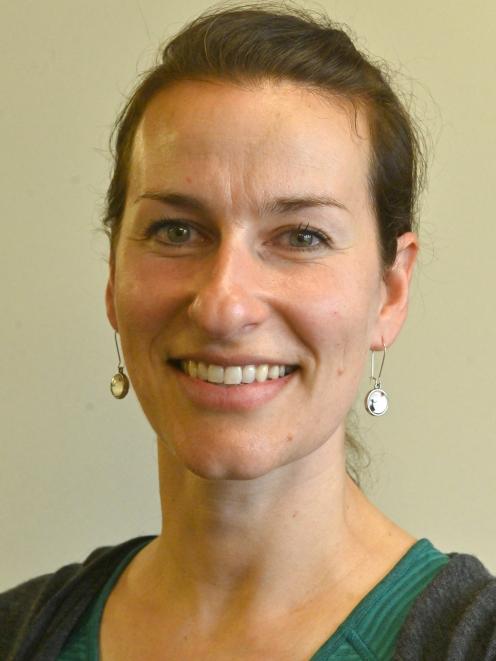
However, the stance of everybody else on the board is resounding.
Ten of 11 board members said they had received both doses of the Pfizer vaccine and almost all cited public health arguments or protection of whanau as their reasons.
The 11th, Ilka Beekhuis, said it was not appropriate to ask about her vaccination status.
Asked if board members should encourage everybody to get vaccinated, she said: ‘‘I encourage people to become as well informed as possible to make the best personal decision for themselves.’’
The Government is pushing for at least 90% of eligible New Zealanders to be vaccinated against the virus and the SDHB’s collective position strongly recommends vaccination for everyone in the community.
‘‘The board is driven by the unassailable truth that the higher our vaccination rates, the fewer of us will become sick and the less disruption will be inflicted on our communities,’’ SDHB chairman Pete Hodgson said.
‘‘I recognise, of course, it is an individual choice.’’
The board, as a whole, was very strong in its stance, he said.
Board members had spent many long hours this week helping management plan for more vaccination work, as well as planning the response for the Delta variant’s likely arrival in the southern district, he said.
A lot more work needed to be done.
Prof Peter Crampton and Tuari Potiki were two board members who argued strongly for vaccination, but who were comfortable with diverse views being expressed around the board table.
Prof Crampton, a public health specialist, said the benefits of immunisation far outweighed the risks.
‘‘It radically reduces the chance of hospitalisation and radically reduces the chance of death from Covid-19.
‘‘It provides incredibly important protection for us.’’
Prof Crampton said the disease had a disproportionate impact on Maori and Pacific people.
Worries people had about the vaccine needed to be listened to carefully and respected, he said.
Mr Potiki said his decision about vaccination was about whanau and there was an element of leading by example.
‘‘The board should be promoting evidence-based best health practice.’’
Debate around the board table was healthy, he said.
Dr Moana Theodore said she got vaccinated for her whanau and community.
‘‘As an epidemiologist, I understand that vaccinations will result in lower hospitalisations and deaths due to Covid-19.’’
Jean O’Callaghan agreed vaccinated people were less likely to get as sick as those who were not.
Dr Lyndell Kelly said she and all her family had been vaccinated.
People who had spread misinformation, such as in the United States, should have a lot on their consciences, she said.
‘‘I support vaccination; I’m not a science denier.’’
Elected members reflected various viewpoints from the community, she said.
Kaye Crowther said everybody had a choice, but she advocated a broader, community view.
Family had been vaccinated and she encouraged her fellow Rotarians to get the jab.
‘‘I see it as part of my responsibility as a board member to promote what’s best for our communities, overall.’’
Dr John Chambers said scientific evidence for vaccination was strong.
Covid-19 Response Minister Chris Hipkins said people expected the health sector to take the lead on health matters.
‘‘Not being vaccinated means you risk getting sick and passing the virus on to loved ones,’’ he said.












